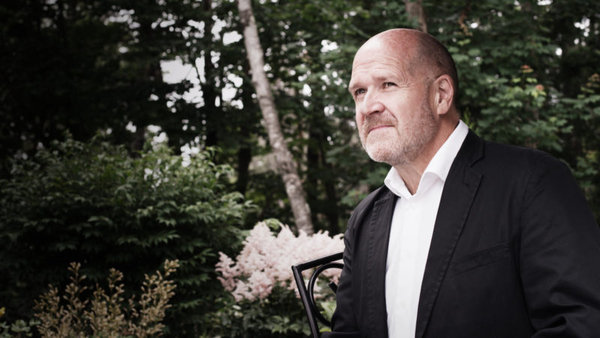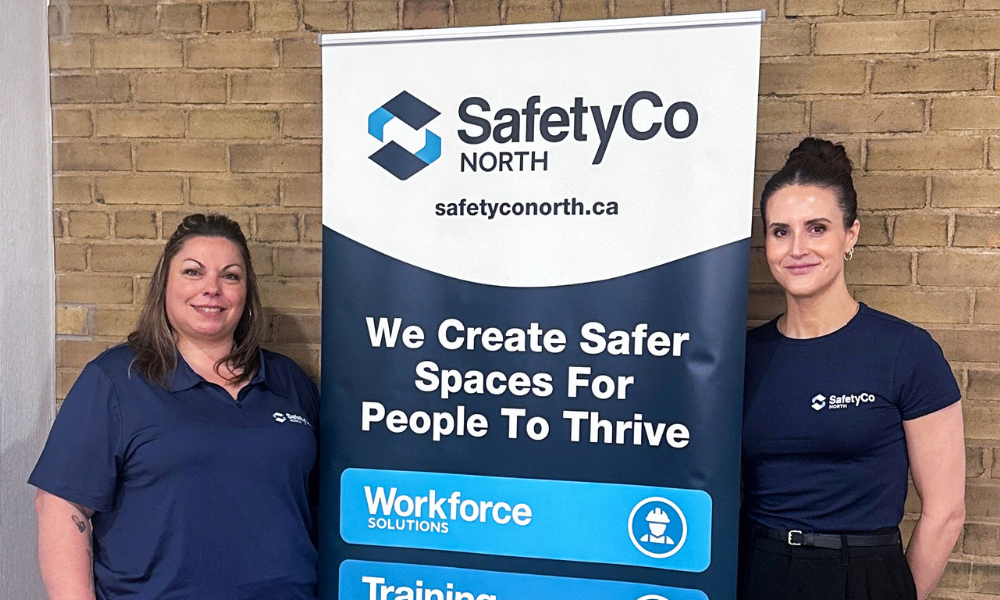Workers must be reminded to step back, breathe

Bill Carr captivated a room of 550 safety professionals at the Safety Services Nova Scotia conference when he discussed how they are changing the world.
“Every single day you get out there, you are touching people’s lives and touching lives now that you are not going to know you affected them for years — and you may never hear about it — but what you’re doing is absolutely transformative,” Carr said at the conference’s closing session on April 11 in Halifax.
He explained how the world is a confusing place right now and safety needs to push through all the other existing pressures that workers are facing. Individuals need to be reminded to pause, step back and breathe before anything else — what the Greek refer to as ‘epoché.’
“There is nothing more important than that very activity. To walk into a situation, how long does it take to stop, pause, step back, breathe and say ‘Am I safe here? Is this a safe situation? Is this a safe moment?’ But if economic pressures are on, social pressures are on, if pressure from the boss is on, if pressure from co-workers is on and all of a sudden everything is in your way, the opportunity to epoché — pause, step back, breathe and ask if it’s safe — becomes secondary,” he said.
Carr explained how safety professionals are helping workers see their world differently. If they can take the time to pause and assess if they are entering a safe situation, everything shifts, he said.
“Nobody gets up in the morning and says ‘I think I will go to work today, screw up, have an accident and come home early.’ Nobody does that and yet it happens all the time. Why? Because they were thinking and feeling in a way that wasn’t conducive to safety. They didn’t put safety first. They didn’t put it in a place of simplicity where it belongs in how they see the world.”
Carr explained the effect of mirror neurons, when you mirror inside what you see outside. For example, how you smile when someone is smiling at you. This has significant safety implications.
“If you get people thinking safety, then other people will think safety along with them, mirror neurons will kick in. It’s not just behaviour, it’s perception and thought, it’s about getting people communicating this idea to one another at a mirror neural level that it can absolutely transform what happens in a group and an organization,” says Carr.
As it turns out, safety and “unsafety” are contagious activities of the brain that can become infectious with mirror neurons, he said.
Carr closed his keynote speech by encouraging safety professionals to keep doing what they’re doing, even in the face of adversity.
“It’s necessary, it’s needed. I don’t care how many times it gets dismissed or people say it’s obvious or any other crap that goes down. What you do at its most fundamental and human level is changing the world and we need you to keep doing it. Get out there and do your job.”
Amanda Silliker is the editor of Canadian Occupational Safety magazine.





